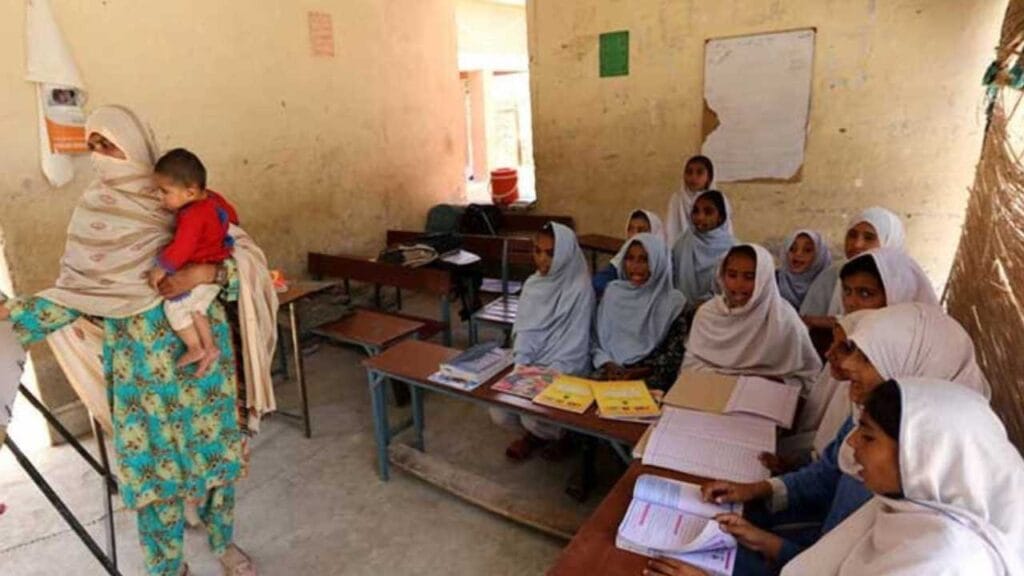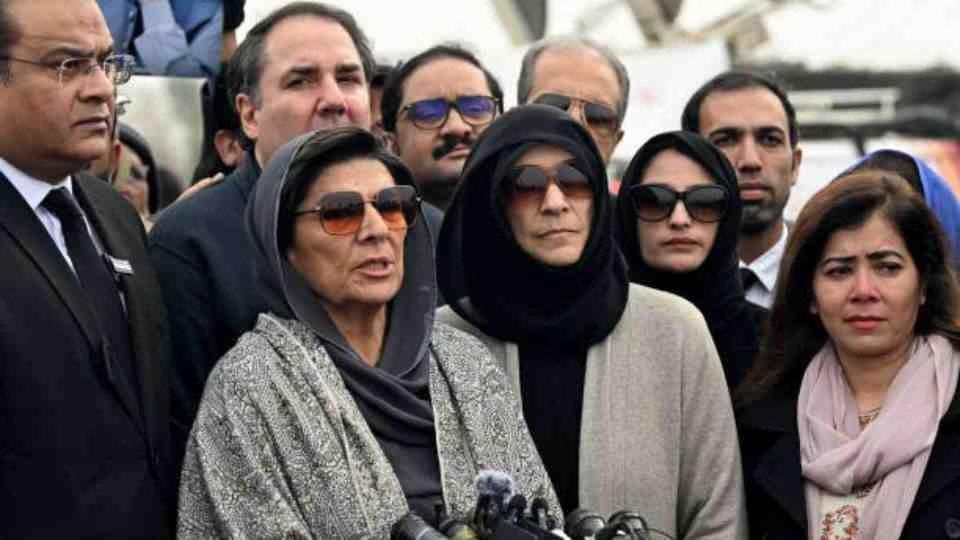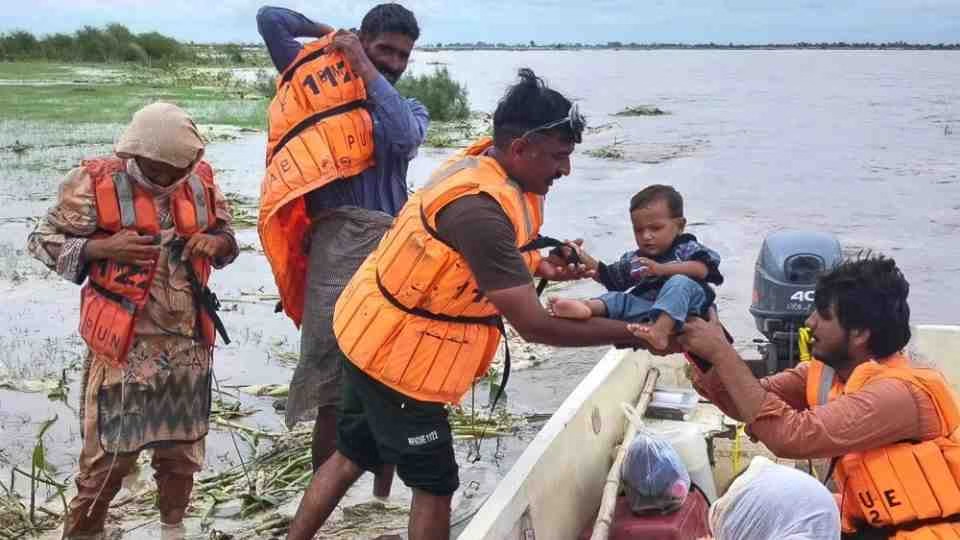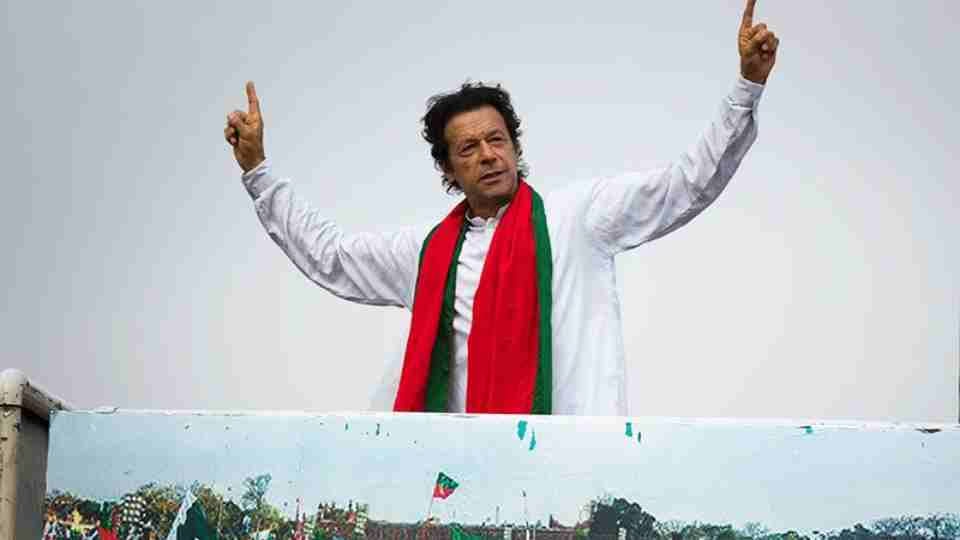By Ansar Ali Kazami
A Life in Limbo
In the bustling streets of Karachi, 19-year-old Ahmed Raza is invisible—not to his neighbors, but to his own government. Without an identity card, he cannot enroll in school, apply for jobs, or even move freely without fear of arrest. Twice already, police have detained him for failing to produce identification at checkpoints.
“If I go looking for work, they ask for my ID. Without it, they won’t hire me,” Ahmed says from the single-room home he shares with his widowed mother, Maryam Suleman.
A Common Struggle
Maryam, 55, is also undocumented. Like many parents, she delayed obtaining a birth certificate for her son. “I didn’t understand how important it was,” she admits. “Now we live with the consequences.”
This is not an isolated case. In 2021, Pakistan’s National Database and Registration Authority (NADRA) estimated that 45 million people were not registered—nearly one in five citizens.
A Cost Too High
Pakistan introduced biometric identification cards in 2000, making them essential for almost every aspect of modern life. Yet, obtaining one has become a bureaucratic and financial challenge. For Ahmed, the process requires supporting documents from relatives, affidavits, and sometimes even public notices in newspapers. The estimated cost: $165—a month-and-a-half of family income.
Locals whisper about bribes and black-market shortcuts, but even these are beyond Ahmed’s reach. “Our lives could have been different if we had identity cards,” he says.
The Generational Impact
The absence of identification has far-reaching consequences, denying access to education, healthcare, banking, voting, and legal protection. Children without birth certificates face greater risks of child labour, forced marriage, and poverty.
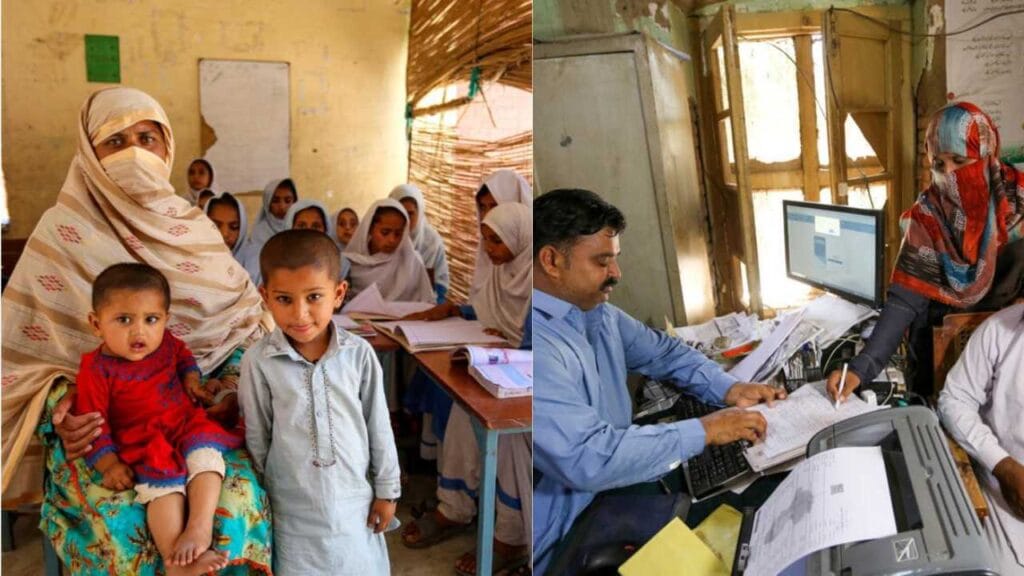
In remote villages like Rajanpur, Punjab, UNICEF is fighting back. Workers go door-to-door, educating parents on the importance of birth registration. “Undocumented children are more vulnerable to exploitation,” says Zahida Manzoor, a UNICEF child protection officer.
Poverty and Paperwork
Government figures show 58 percent of children under five lack birth certificates. Registration fees, though small—ranging from free to $7 depending on the province—are still out of reach for families where 45 percent live below the poverty line.
“Our men can’t afford to lose a day’s wages to stand in line at an office,” explains Nazia Hussain, mother of two unregistered children. “Transport is expensive, and the process is slow. For women, it’s even harder to travel alone.”
A Ray of Hope
Campaigns have started making a difference. Birth registration rates in Rajanpur have risen from 6.1 percent in 2018 to 17.7 percent in 2024. For mothers like Saba, who has registered all three of her children, the motivation is clear: “We don’t want our children’s future to be like ours. If children go to school, the future will be brighter.”
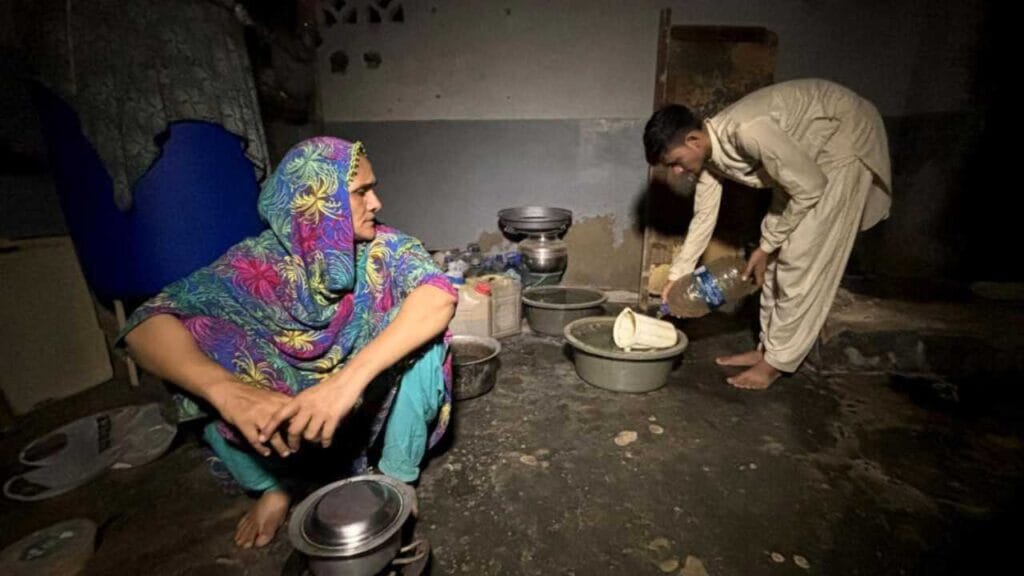
Recognition Equals Existence
Experts say registration is more than paperwork—it is recognition of existence. “If the state doesn’t know a child exists, it can’t plan for their needs,” Manzoor explains. “Without identity, a child is invisible.”
Yet in some remote communities, registration remains a low priority. Muhammad Haris, a father of eight from Khyber Pakhtunkhwa, admits he only considers it necessary for pilgrimage visas to Mecca: “That’s the only reason I’d register,” he says.
A Generation at Risk
For Ahmed Raza, trapped in Karachi without legal identity, the situation is deeply personal. He watches friends move on with their studies and careers while he remains stuck. His dream is simple: to be recognised.
“We are alive,” he says softly, “but it feels like we don’t exist.”

